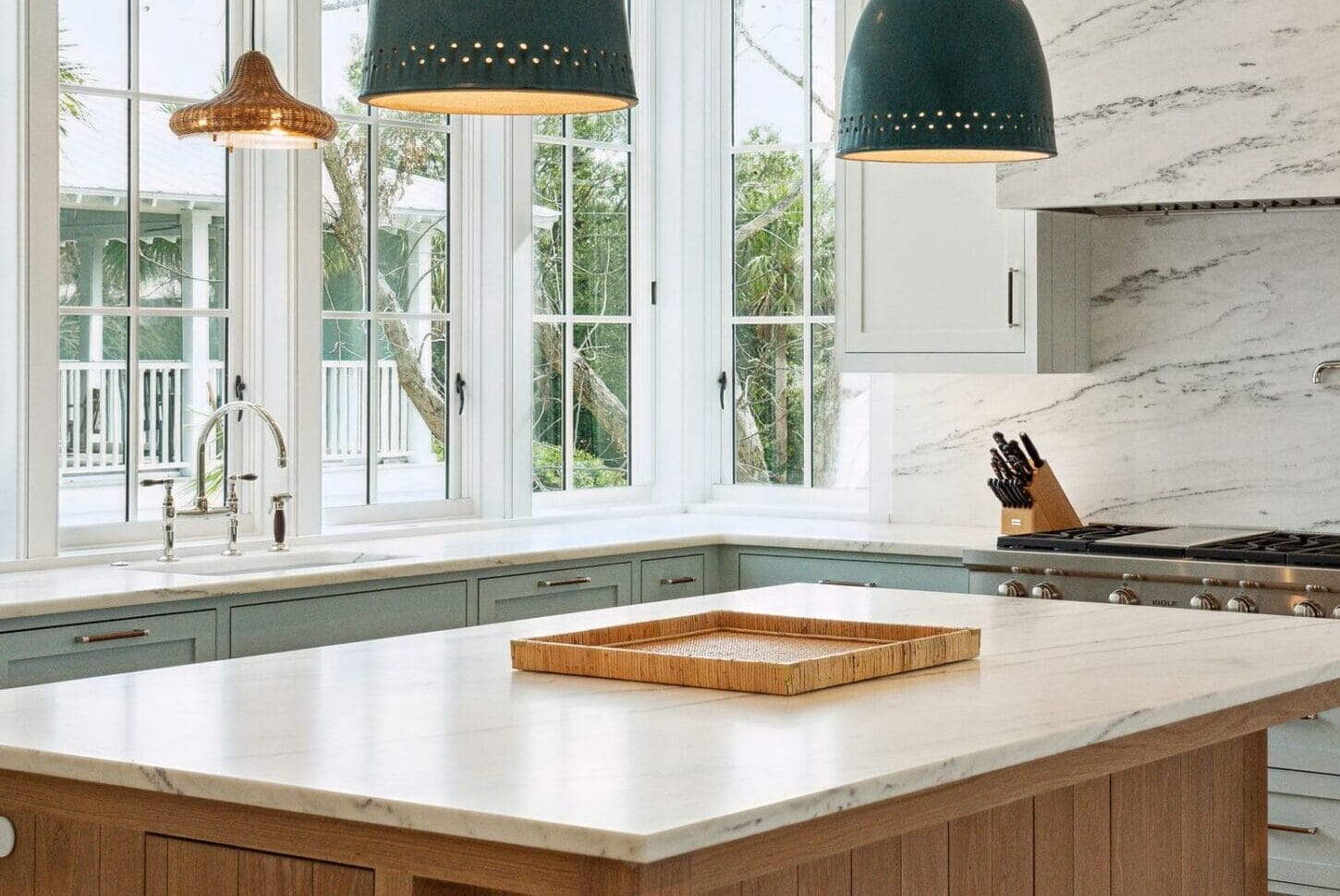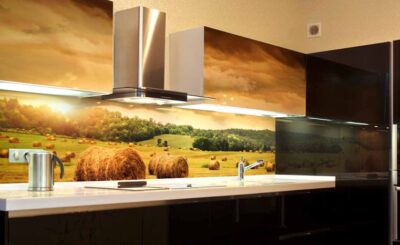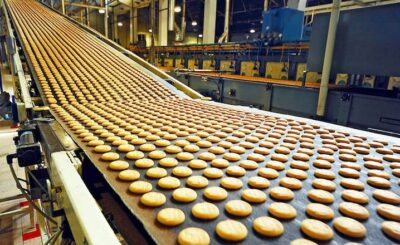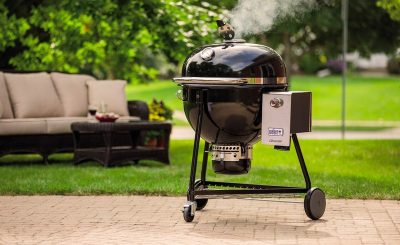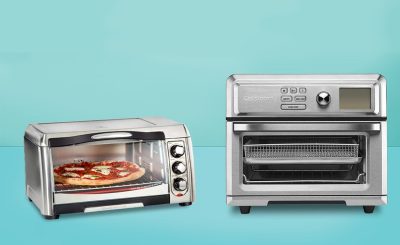The kitchen worktop is often considered the heart of any culinary space, serving as both a functional workspace and a design statement that can transform the entire aesthetic of your kitchen. With countless materials, finishes, and styles available today, selecting the right worktop has become both an exciting opportunity and a significant decision that requires careful consideration.
Understanding Kitchen Worktop Materials
Natural Stone Options
- Granite Worktops Granite remains one of the most popular choices for homeowners seeking durability and natural beauty. Each slab offers unique patterns and colors, ensuring your kitchen has a one-of-a-kind appearance. Granite is highly resistant to heat, scratches, and stains when properly sealed, making it ideal for busy kitchens.
- Marble Worktops For those who appreciate elegance and sophistication, marble provides an unmatched luxurious feel. While it requires more maintenance than granite, marble’s distinctive veining and smooth texture create a timeless appeal that complements both traditional and contemporary kitchen designs.
- Quartz Worktops Engineered quartz combines natural stone with advanced manufacturing techniques, resulting in surfaces that are non-porous, consistent in pattern, and incredibly durable. This material offers the beauty of natural stone without the maintenance requirements.
Modern Alternatives
Solid Surface Materials These synthetic worktops provide seamless installation possibilities and can be custom-shaped to fit unique kitchen layouts. They’re non-porous, easy to clean, and available in numerous colors and patterns.
Laminate Worktops Today’s laminate options far exceed previous generations in both appearance and durability. With realistic stone and wood textures, high-quality laminates offer an affordable way to achieve premium looks.
Key Factors to Consider When Selecting Worktops
Durability and Maintenance
Consider your cooking habits and lifestyle when evaluating different materials. High-traffic kitchens benefit from surfaces that resist scratches, heat damage, and staining. Some materials require regular sealing or special cleaning products, while others need minimal maintenance.
Budget Considerations
Kitchen worktops range significantly in price, from budget-friendly laminate options to premium natural stones. Factor in not just the material cost, but also installation, edge treatments, and long-term maintenance expenses.
Design Compatibility
Your worktop should complement your kitchen’s overall design theme. Consider how the color, pattern, and texture will interact with your cabinetry, backsplash, and flooring. Neutral tones offer versatility, while bold patterns can serve as striking focal points.
Installation and Professional Considerations
Measuring and Templating
Accurate measurements are crucial for successful installation. Professional templating ensures perfect fits around sinks, appliances, and unique architectural features. Most natural stone and engineered materials require professional installation due to their weight and the precision needed for cutting.
Edge Profiles and Finishes
The edge treatment significantly impacts both aesthetics and functionality. Popular options include bullnose edges for safety, beveled edges for modern appeal, and ogee edges for traditional elegance.
Maintenance and Longevity Tips
Daily Care
Most worktops benefit from simple daily cleaning with mild soap and water. Avoid abrasive cleaners that can damage the surface finish. Use cutting boards and trivets to protect against scratches and heat damage.
Long-term Preservation
Natural stone surfaces may require periodic sealing to maintain their stain resistance. Regular professional maintenance can extend the lifespan of your investment significantly.
Frequently Asked Questions
Q: How thick should kitchen worktops be? A: Standard thickness ranges from 20mm to 30mm, with 30mm being more popular for its substantial appearance and durability. Thicker worktops also provide more options for edge treatments.
Q: Can I install new worktops over existing ones? A: While possible in some cases, it’s generally recommended to remove old worktops to ensure proper support and avoid height issues with appliances and backsplashes.
Q: What’s the most hygienic worktop material? A: Non-porous materials like quartz and solid surfaces are considered most hygienic as they don’t harbor bacteria or require sealing.
Q: How long does worktop installation typically take? A: Professional installation usually takes 1-2 days, depending on the complexity of the layout and number of cutouts required for sinks and appliances.
Q: Do all worktop materials require professional installation? A: While laminate worktops can sometimes be DIY projects, stone materials and solid surfaces typically require professional installation due to their weight and the precision needed for cutting and fitting.
Conclusion
Selecting the right kitchen worktop involves balancing aesthetics, functionality, budget, and lifestyle needs. Whether you choose the natural beauty of granite, the consistency of quartz, or the affordability of high-quality laminate, the key is finding a material that serves your daily needs while enhancing your kitchen’s overall design. Take time to visit showrooms, feel different materials, and consult with professionals to make an informed decision that you’ll enjoy for years to come. Remember that a well-chosen worktop is not just a surface—it’s an investment in your home’s functionality and value.


